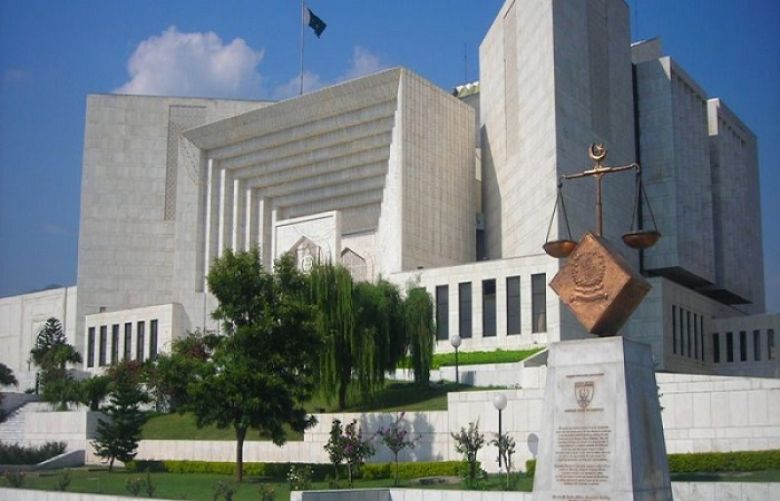The Supreme Court on Wednesday rejected the Sindh High Court’s decision to declare the Sugar Inquiry Commission report null and void.
The Supreme Court also agreed to hear the federal government's appeal against the high court's decision to declare on the commission's report.
The SHC declared the Sugar Inquiry Commission report — relating to the increase in the sugar prices across the country — null and void on August 17, directing the FBR, FIA and NAB to launch a fresh investigation into the matter.
During the hearing today, the apex court ruled that it would hear the Centre's appeal against the SHC’s decision and also issued notices to 20 sugar mills in Sindh as well as other parties in the case.
The apex court then adjourned the hearing for a month.
The written verdict issued by SHC in August — on a petition filed by the sugar mill owners against the government-led commission — had urged NAB, the FIA and the FBR to find out if anyone was given "illegal or unjust subsidy".
“If any government official has misused his powers, it should be investigated,” the SHC had said. It also asked the FBR to investigate the matter according to the country's tax laws.
'Damning revelations in Sugar Inquiry Commission's report'
The Sugar Inquiry Commission report had laid bare some startling revelations about how the price of sugar is fixed, how exports of the commodity are faked to avail rebates on sales taxes, and how billions of rupees are overcharged by sugar mills owners.
According to sources, the report mentioned in depth how the amount of sugar exported to Afghanistan is routinely inflated to show as if 75 tonnes of the commodity were being exported per truck.
However, this is barely possible, given that the maximum capacity of a truck, even when overloaded, does not exceed 30 tonnes.
The scam also seemingly has another purpose: laundering money. If sugar is being exported to Afghanistan, the payment should also be coming in from the same country.
However, it was found by the commission that many sugar mill owners were receiving telegraphic transfers for payments for sugar sold to Afghanistan from the US and Dubai, therefore seemingly whitening money and earning dollars at the same time.
Another important finding highlighted in the report is that sugar mills paid an estimated Rs22bn in taxes to the Government of Pakistan, but out of that total amount, Rs12bn was reclaimed in rebates. Hence, the net contribution was close to around Rs10bn.







